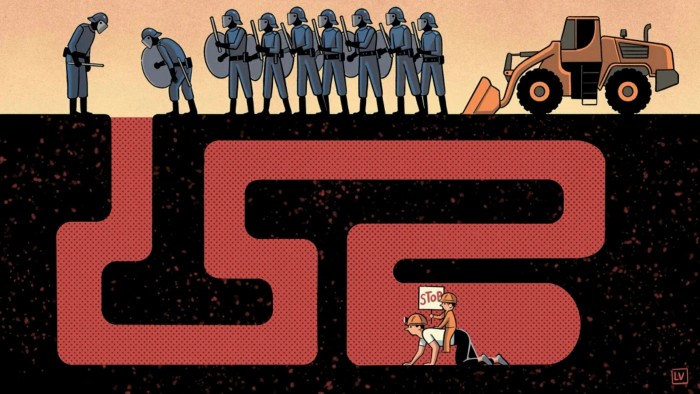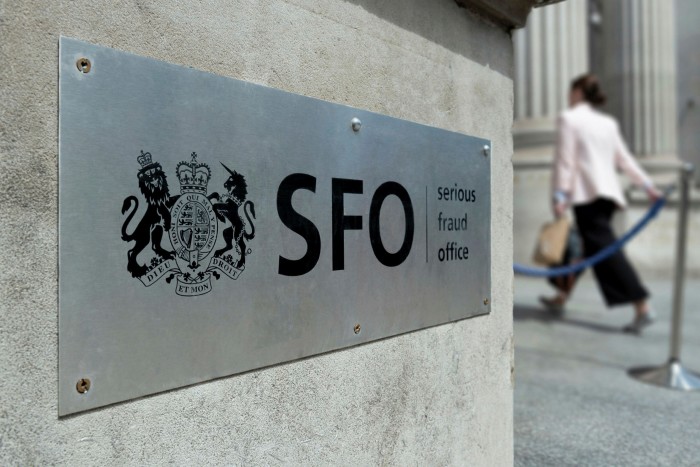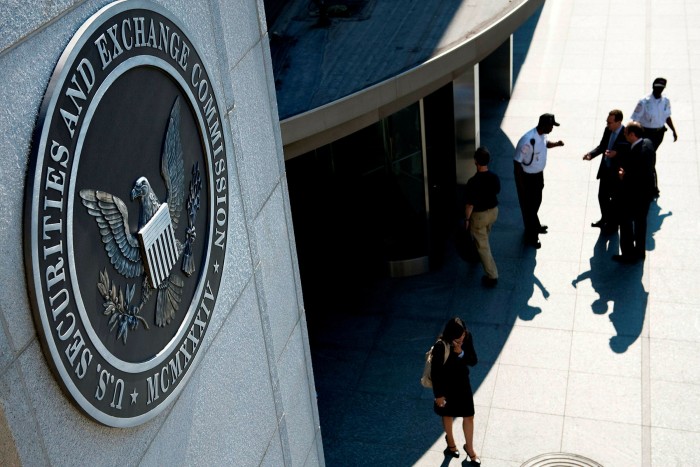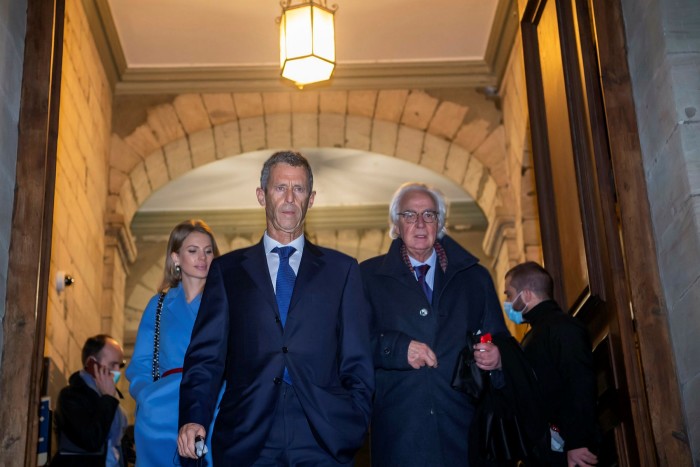The top stories read by the legal world

Roula Khalaf, Editor of the FT, selects her favourite stories in this weekly newsletter.
The FT offered a look into the world of corporate intelligence this week in an interview with a former top UK police officer and latest Black Cube advisory board member Adrian Leppard, underlining the far reaches of this opaque but lucrative industry.
Companies like Black Cube are paid by wealthy individuals and large corporations to gather intelligence on rival companies or adversaries. UK Prime Minister Boris Johnson’s chief of staff Dan Rosenfield was lured from Hakluyt, a private intelligence outfit founded by ex-MI6 officers highlighting the type of links such companies may have.
According to Leppard, demand for private investigations is on the rise as a result of severe budget cuts to policing in the UK.
Such firms have attracted controversy in the past - look no further than Credit Suisse’s corporate espionage scandal in 2019 which led to the resignation of its chief executive. Black Cube, a company founded by former Israeli intelligence agents, also attracted headlines for its work for disgraced film mogul Harvey Weinstein.
Leppard says the company has since instituted a “very comprehensive code of ethics”. But that doesn’t mean tactics like deception and undercover surveillance are off the cards. They are, he says, necessary and “quite lawful if you’re doing it for the greater good,” pointing to cases such as Black Cube’s role in revealing corruption in Mexican oil industry.
What do you think – have you experienced any effects of reduced public funding on fraud cases and prosecutions? And what do you think about corporate espionage firms picking up the slack? Have you ever been on the other side of such a probe? Get in touch at kate.beioley@ft.com.
The stories outlined below are taken from our Full Disclosure email briefing, sent to FT subscribers in the industry each week, sharing what has been most popular with legal readers on FT.com.
Covid court closures in England and Wales add to pressure on barristers

Criminal barristers whose work was already affected by budget cuts have found themselves facing a biting reduction in work as a result of Covid-19, with 72 per cent experiencing a significant cut in income.
“Even before the pandemic, criminal barristers had been struggling. Government austerity measures imposed on the Ministry of Justice meant its total budget for 2019-20 was 25 per cent lower than in 2010-11. Declining fee rates for legal aid have sparked strike action by barristers twice in the past six years. In their first two years of practice, publicly funded barristers typically earn less than £13,000 pre-tax profit after paying essential expenses, according to the Bar Council.”
Black Cube executive says UK austerity helped business

Adrian Leppard, a member of Black Cube’s advisory board and former City of London police commissioner, talks about the increased demand for private investigations and defends the use of undercover surveillance as a necessary tactic.
“‘It’s quite lawful to deceive people if you’re doing it for the greater good,’ he said, pointing to what he called the successes among Black Cube’s 350 cases, such as its role in revealing corruption in Mexican oil industry.”
SFO suffers Supreme Court blow over use of overseas powers

The UK Serious Fraud Office was defeated in the Supreme Court over its ability to compel evidence from overseas, in a closely-watched ruling that highlighted the limits of its powers to combat complex cross-border crime. Kyle Phillips, a criminal lawyer at Fieldfisher said:
“This is a serious blow to the SFO. Without being able to use its [Section 2 powers] overseas, the agency finds itself in a peculiar position of having the power to prosecute overseas companies/individuals, but with limited powers to investigate them…When the [Criminal Justice] Act was created in the 80s the world was a smaller place.”
White collar lawyers predict boom times under Biden

White collar lawyers are predicting a return to busier times following the election of US President Joe Biden, who is expected to take a tougher stance on corporate crime and corruption than his predecessor.
“White-collar criminal prosecutions undertaken by the justice department last year fell to their lowest level in 25 years, according to statistics compiled by Syracuse University. At just over 5,000, they were roughly half the 10,162 notched by the Obama administration in 2011, in the wake of the 2008 financial crisis.”
Benny Steinmetz case shows how hard it is to prove corruption

The FT’s Africa editor David Pilling reflects on lessons learned from the five-year jail sentence awarded to mining tycoon Beny Steinmetz for bribery by a Swiss court in January. Such corruption cases are notoriously difficult to prosecute and hard to prove.
“The world tends to learn about the most egregious cases of corruption, such as the systemic pillaging of Malaysia’s 1MDB fund which resulted in a 12-year sentence for former prime minister Najib Razak. But most cases never see the light of day, or result in a deferred prosecution agreement where the company or defendants pay a fine but admit no guilt. Many are hidden from view inside a network of shell companies and a welter of bank transfers facilitated by lawyers, bankers and lobbyists — many of whom work in financial centres such as London, Paris and New York.”
Closing argument
This week’s closing piece comes courtesy of the FT’s Robert Shrimsley, who muses on the type of ‘bring your child to work day’ that eco-activist Swampy is currently engaged in. Ever since reading about the vaguely horrifying toilet arrangements in the home-made tunnels excavated by anti-HS2 campaigners, Full Disclosure has been fascinated by the phenomenon. According to Robert, any normal teenage rebellion would have seen Swampy junior setting up as a property developer, or something equally pro-capitalist, rather than following in his father’s footsteps. But there you are – these are indeed strange times.
“I take my hat off to the Swampster. The rules of teenage rebellion would normally require Rory to become a property developer. He would start small, concreting an area of greenbelt, before going global with investments in the deforestation of the Amazon. So it says something for Swampy that his son admires him sufficiently to follow him into the tunnels. Because once the glamour of being wedged together in a narrow hole underground wears off, the fringe benefits are pretty limited.”

Comments